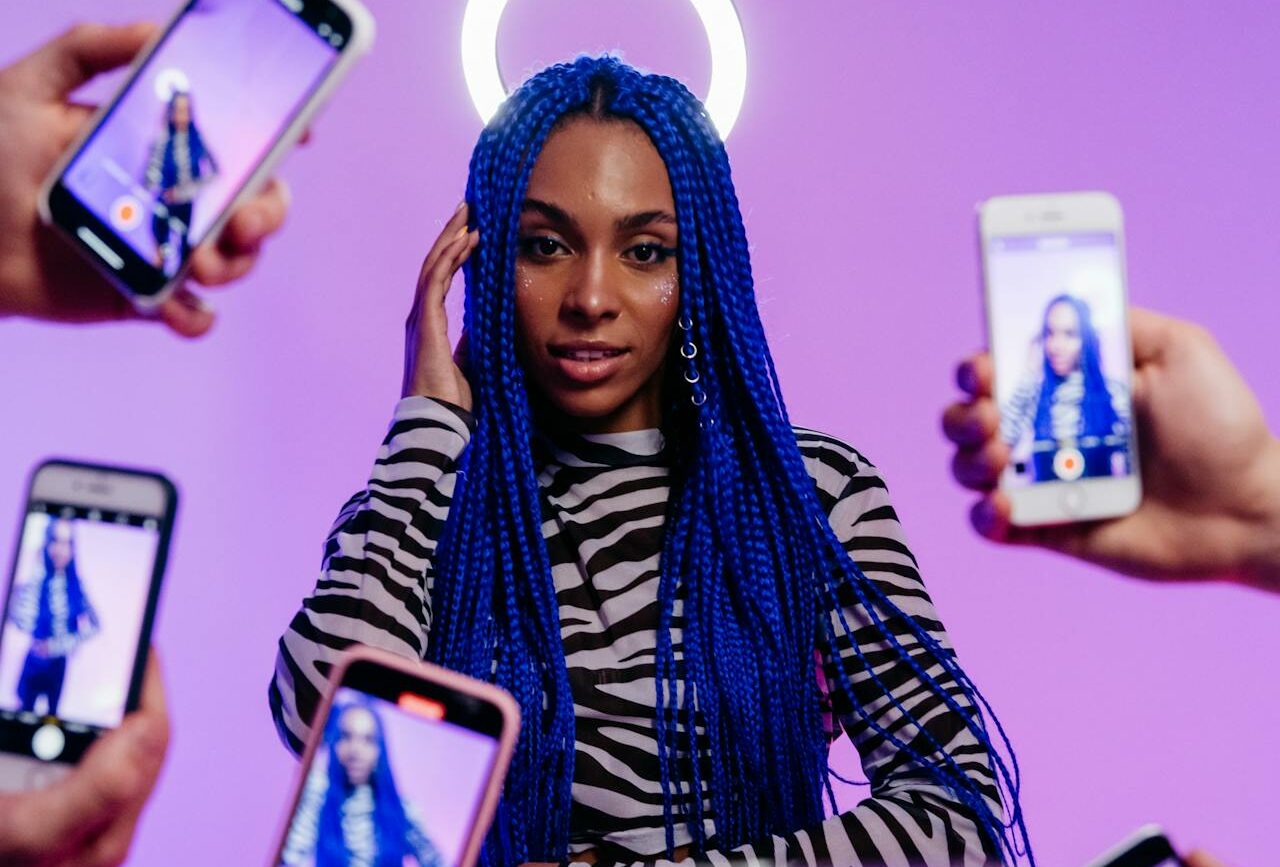What do cinnamon roll lotion, childhood memories, and appetite-suppressing drugs have in common? Welcome to the strange psychology of sweet scents.

Get ’em while they’re young
Won’t somebody think of the children?
It’s difficult to predict the exact characteristics of a generation as young as Generation Alpha, born from 2010-12014. With indications this generation is set to include 2 billion people globally, you can bet marketers are already collecting the data they need to lay the foundation for future success.
Hook them young, keep them for life
Targeting youth is nothing new in the marketing world. Not only do brands want some of the $200 billion they spend annually, but by targeting young consumers, marketers have the opportunity to shape their preferences, build lasting connections, and establish a strong foothold in their memories.
Targeting kids with early brand exposure offers serious long-term benefits for marketers:
Building Brand Loyalty: Kids are like sponges, soaking up everything around them. If marketers can get their brands in front of those little eyes and ears early on, they have a better chance of creating brand loyalty that sticks. When kids are repeatedly exposed to a brand and have positive experiences with it, they’re more likely to become lifelong customers as they grow up. If you pay close attention, most children can identify brands by logos and branding before they can read.
Pester Power: You know that thing kids do when they relentlessly bug their parents for stuff? Yeah, that’s called pester power, and marketers are well aware of its magic. They know if they can create a desire for their products in kids’ minds, kids will pester their parents non-stop until they give in. It’s a sneaky (but effective) way to influence parental purchasing decisions.
Creating Family Brands: Marketing professionals understand that when they win over kids, they often win over the whole family. If a brand becomes a favorite among children, parents are more likely to embrace it too. By targeting kids, they’re essentially creating a family-friendly image that appeals to both young and old.
Lifetime Value: Here’s the kicker: marketers are in it for the long haul. They know that by targeting kids, they’re not just aiming for short-term sales but also the value of a lifetime customer. If they can establish their brand as a childhood favorite, they have a higher chance of retaining those customers as they become adults, ensuring a steady stream of revenue down the road.
Whether through captivating commercials, colorful packaging, or fun characters, marketing professionals are all about getting their brands in front of those impressionable little minds.
They’re playing the long game, they did it with us, and they’re targeting our kids now too.
Triggering nostalgia, driving sales
Picture this: you’re minding your own business, scrolling through social media, or watching TV, and BAM! You see something that takes you right back to your younger years. It’s like a blast from the past, triggering all those warm and fuzzy feelings of nostalgia. Well, guess what? Companies are onto this nostalgia thing, and they’re using it to drive sales.
They’re bringing back all sorts of things that were popular a couple of decades ago. You know, stuff you obsessed over back in the day. They know when they resurrect these oldies but goodies, it hits you right in the feels. It’s like reuniting with an old friend or reliving those carefree moments.
I’m lovin’ it
McDonald’s is a prime example of a fast food brand that knows a thing or two about tugging at our nostalgic heartstrings.
Most adults grew up with McDonald’s as an integral part of their childhood memories. Whether it was the thrill of getting a Happy Meal with a cool toy or enjoying a birthday party at the local Mickey D’s playground, those experiences created lasting impressions.
Now, McDonald’s cleverly taps into that nostalgia by bringing back limited-edition toys that harken back to the classics and have even offered adult happy meals, reminding us of that carefree joy we felt as kids.
McDonald’s also maintains consistency in their branding, keeping their iconic menu items like the Big Mac, Chicken McNuggets, and fries largely unchanged. When adults walk into a McDonald’s, they’re instantly transported back to their childhood, reliving the flavors and memories associated with those familiar menu items.
By leveraging that nostalgia, McDonald’s creates a powerful emotional connection with adults, who then want to share those memories and experiences with the children in their lives. They become more inclined to take their kids to McDonald’s, introducing them to the same delights they enjoyed when they were little.
It’s a genius marketing move because not only does it appeal to adults’ fond memories, but it also helps McDonald’s cultivate a new generation of customers who will, in turn, form their own nostalgic attachment to the brand.
The next time you see a McDonald’s commercial with those familiar characters and hear that catchy jingle, don’t be surprised if you find yourself craving a Big Mac and thinking about the happy moments from your childhood. That’s the power of nostalgia at work, bringing families together under those golden arches once again.
Classics bring the cash in
They’re not just trying to make a quick buck. They know that by resurrecting these blasts from the past, they’re tapping into a fanbase that’s been waiting for this moment. They’re targeting folks who were rocking those trends, loving those products, and now have the money to indulge in a bit of nostalgia. It’s like they’re saying, “Remember how awesome this was? Well, it’s back, baby!”
Let’s face it, nostalgia is cool right now. It’s the trendiest thing since avocado toast. Everyone’s all about looking back and reliving those glory days—and companies are riding that nostalgia wave and cashing in on our yearning for simpler times.
Whether it’s bringing back a classic game console, reviving a fashion trend that had you feeling like a boss, or reintroducing your favorite childhood snack, they know that triggering those nostalgia vibes gets us all hyped up and ready to buy.
So, the next time you spot something that instantly transports you back in time, just remember, it’s not a coincidence. Brands are counting on your love for all things retro, and they’re banking on you being all in for that nostalgic trip down memory lane.
Get ready to whip out that credit card, my friend!
They've got their hooks in you.
FADS rise quickly, burn hot and fall out. They say you're fat, you're no fun, you need to relax, and you might even die alone.
In fact, FADS bank on the fact that you already believe all of that.
Ready to learn how it works?


